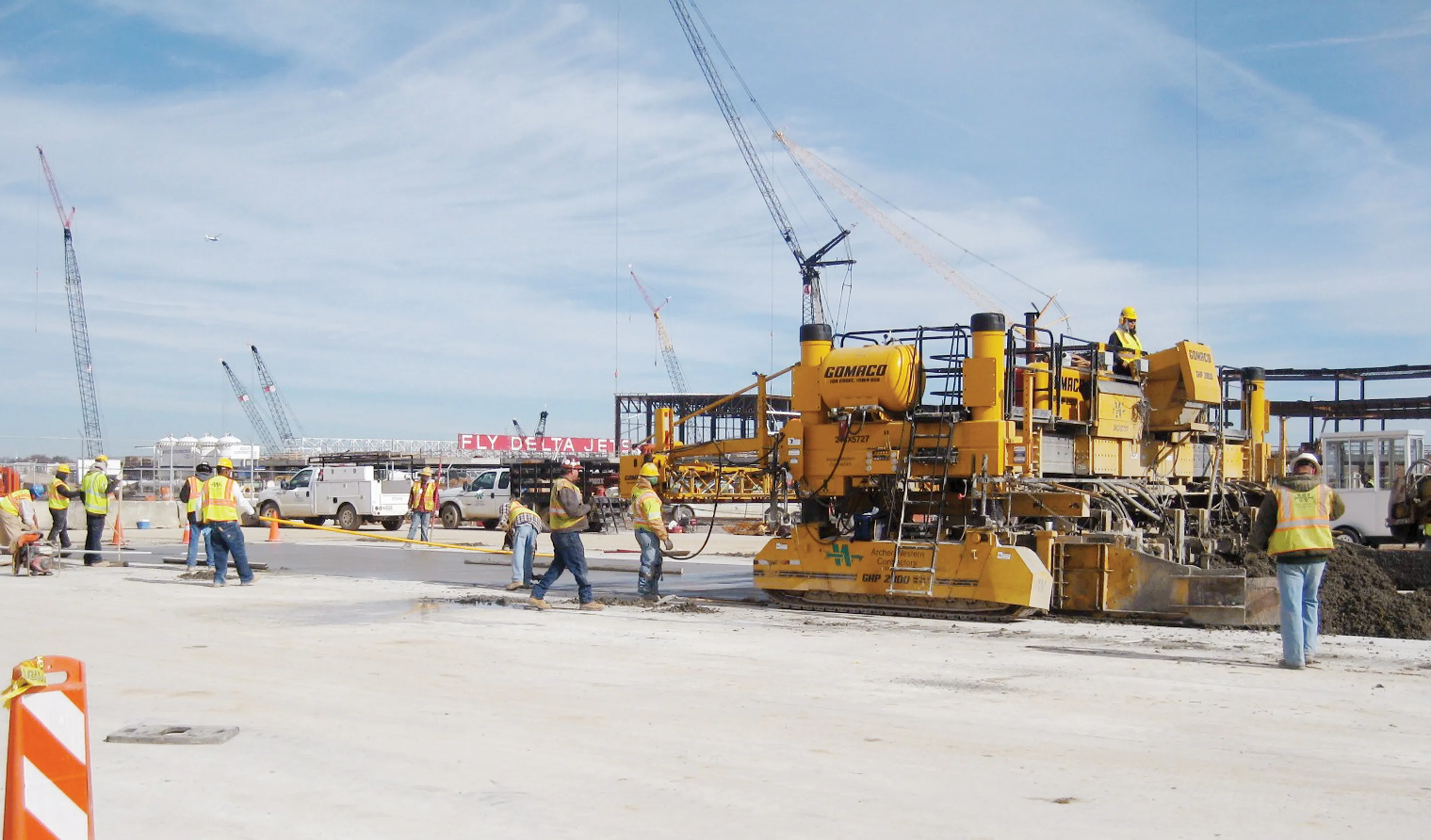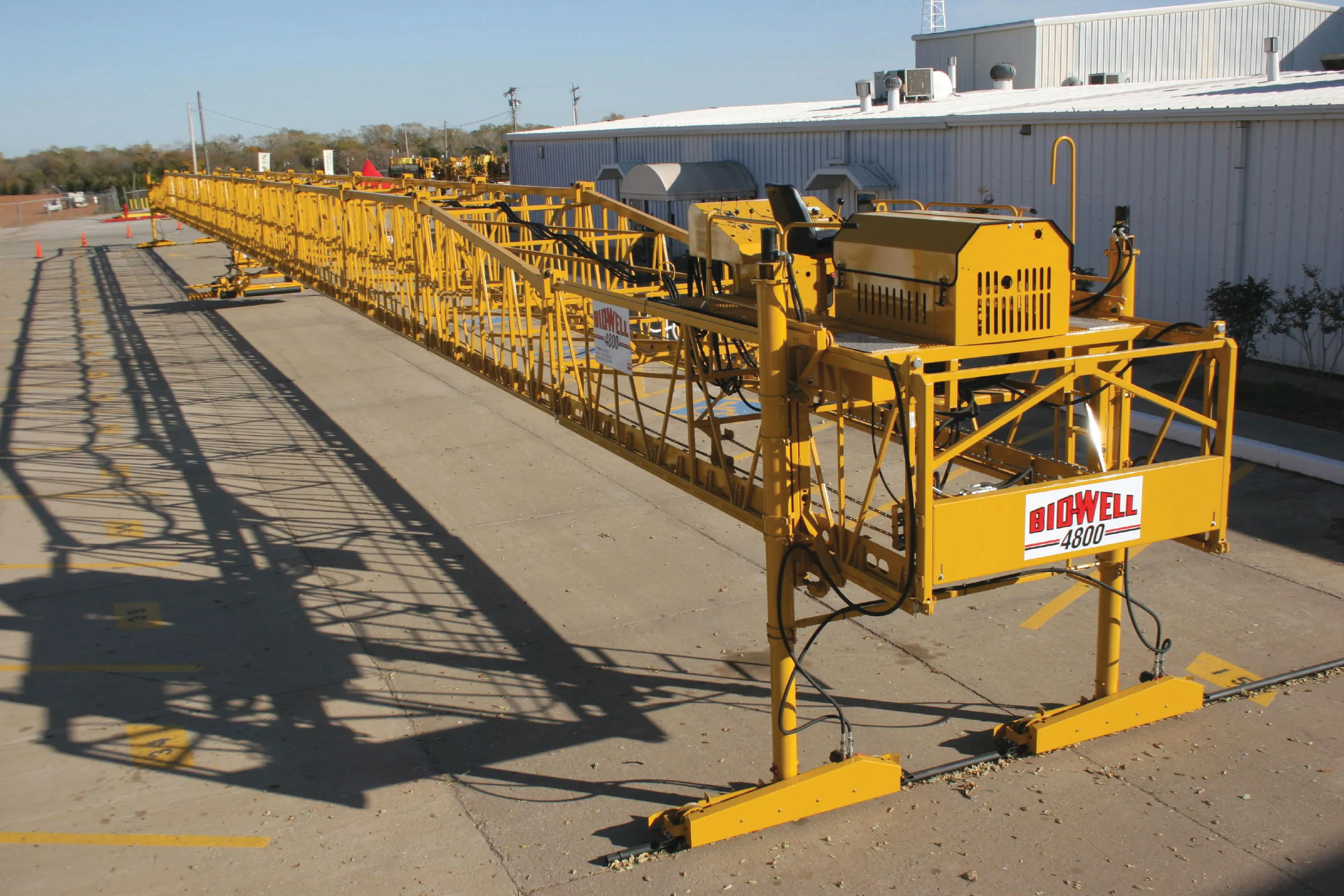A novel and low cost way to heat shrink sleeves to existing fence posts is offered by Postsaver. This product can be applied with a hand-held blow torch and offers a solution that will extend fence post life.
February 10, 2012
Read time: 1 min

A novel and low cost way to heat shrink sleeves to existing fence posts is offered by 1078 Postsaver. This product can be applied with a hand-held blow torch and offers a solution that will extend fence post life. The product is alternative to preservatives that were banned in the EU in 2004 and is claimed to be more effective than environmentally friendly replacements. Timber fence posts used in fencing can rot through at ground level in just a few years, so the product offers a solution. The tough and durable Postsaver dual layer sleeve product works by keeping preservatives in and decay out of the vulnerable part of the post just below ground level. The sleeves comprise a tough polythene outer layer with a bituminous lining that slides over the post. A gas blow torch can be used to shrink the sleeves onto the post in around 40 seconds, at least doubling the life of the fence post and on average giving a 40% life cycle cost saving.








